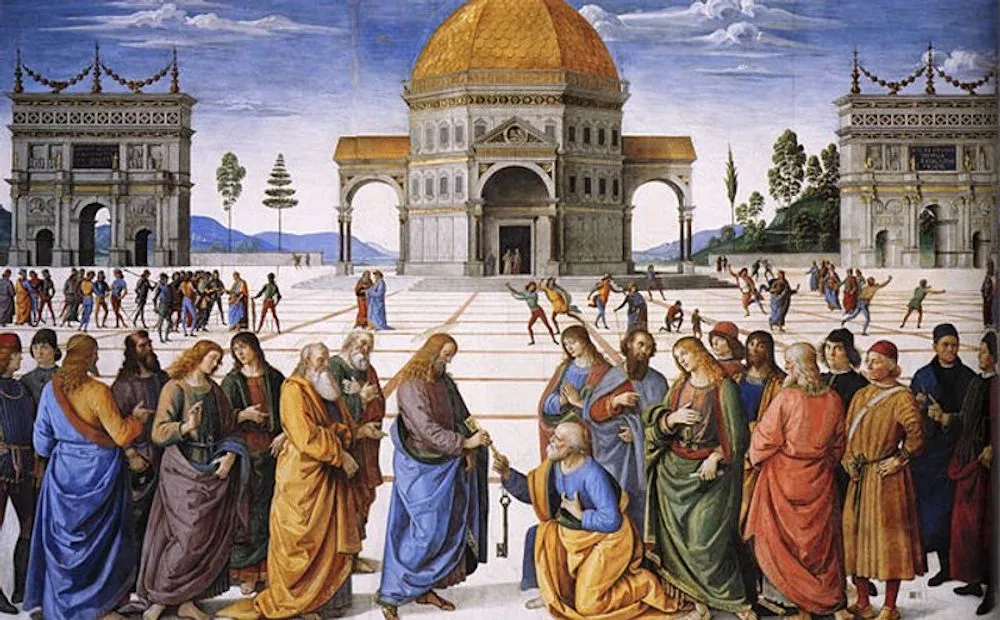jacksondwj.com – Religion has played a pivotal role in shaping the history and social fabric of Europe. From the ancient polytheistic traditions of the Greeks and Romans to the widespread influence of Christianity and the Reformation, religion has been intertwined with the continent’s development. This article explores the multifaceted role of religion in European history and society, highlighting key historical events and their lasting impacts.
Ancient and Medieval Periods
In ancient Europe, religion was deeply embedded in daily life and governance. The Greeks and Romans practiced polytheistic religions, where gods and goddesses were integral to cultural and political life. With the spread of Christianity during the late Roman Empire, Europe began transitioning towards monotheism. By the Middle Ages, Christianity had become the dominant faith, influencing everything from art and architecture to education and law. The Church held immense power, often rivaling that of kings and emperors.
The Reformation and Religious Wars
The Protestant Reformation in the 16th century marked a significant shift in European religious dynamics. Initiated by figures like Martin Luther, the Reformation challenged the authority of the Catholic Church and led to the emergence of Protestant denominations. This religious upheaval had profound social and political consequences, sparking wars and conflicts such as the Thirty Years’ War. The Reformation also encouraged individual interpretation of the scriptures, leading to greater religious diversity and the rise of secularism.
The Enlightenment and Secularization
The Enlightenment of the 18th century further transformed the role of religion in European society. Enlightenment thinkers advocated for reason, science, and individualism, often critiquing traditional religious institutions. This period saw the beginning of secularization in Europe, as religious authority waned in favor of scientific and rational thought. Despite this, religion continued to influence moral and ethical frameworks within European societies.
Modern Era and Contemporary Society
In contemporary Europe, religion remains a significant cultural and social force, though it often coexists with secular and pluralistic values. The continent is home to a variety of religious beliefs, including Christianity, Islam, Judaism, and others. The European Union, while largely secular in its official policies, acknowledges the cultural heritage of Christianity and supports religious freedom and diversity. Religion continues to play a role in debates on social issues, immigration, and identity politics.
Conclusion
Religion has been a central thread in the tapestry of European history, influencing its cultural, social, and political landscapes. From the ancient rites of polytheistic societies to the transformative power of the Reformation and the secular trends of the modern era, religion has shaped European identity in profound ways. As Europe continues to evolve, the interplay between religion and society will remain a dynamic and significant aspect of its development.
